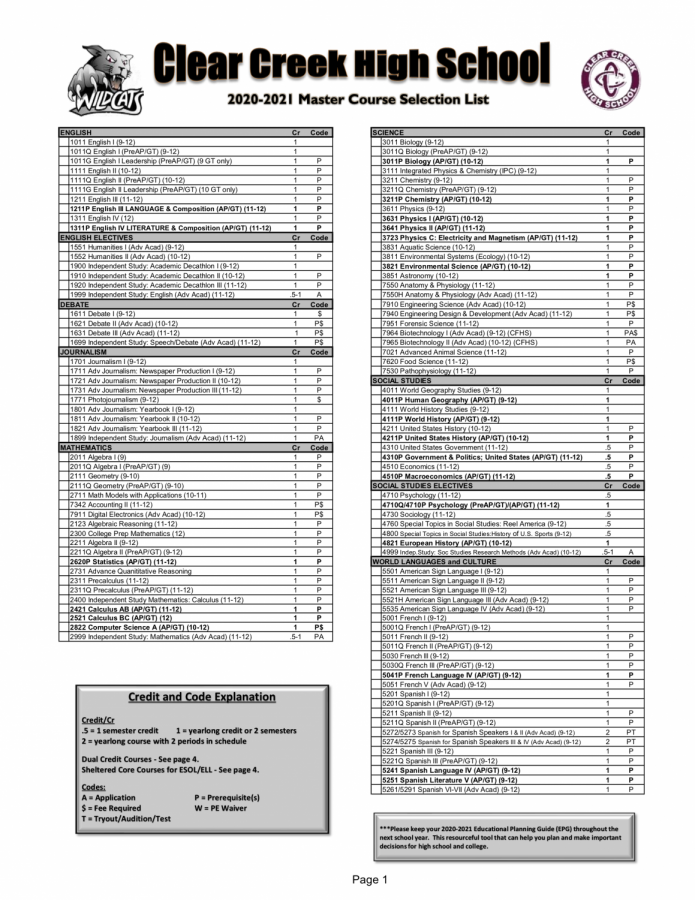Blues legend B.B. King passes away at age of 89
June 18, 2015
After helping define American blues, B.B. King passed away at the age of 89 in his Las Vegas home on May 14. The cause of death, according to John Fudenburg, coroner of Clark Country Nevada, was a series of small strokes related to Type 2 diabetes reported by the Associated Press. The Rock and Roll Hall of Famer earned the nickname “The King of Blues” for his innovative style of string bending and vibrato. B.B. King is also known for the amount of performances he gave in his career, averaging more than 200 concerts a year while in his 70’s. He had continued to perform until last October, until he canceled a tour due to dehydration and exhaustion from his diabetes.
“I wanted to connect my guitar to human emotions,” King wrote in his autobiography, Blues All Around Me.
King’s performances were marked by his ability to display suffering and perseverance. This can be seen in this biggest bit, The Thrill is Gone, with lines such as, “I’ll still live on, but so lonely I’ll be.”
Peter Gurnalnick, music historian, described King’s influence to give audiences, “something they were able to respond to,” due to King’s “urbanity of his playing, the absorption of multiplicity of influences, not simply from the blues, along with a graciousness of manner and willingness to adapt to new audiences.”
King began touring in 1951 and, as described by The New York Times, “never came back after one of his first recordings reached the top of the rhythm-and-blues charts.” In 1956, King had played 342 one-night stands. His influence reached many rock n’ roll fans and the famous guitarists of the time, such as Eric Clapton and Jimi Hendrix.
For King, he believed the beginning of biggest phase of his career took place during a 1968 performance at Fillmore West in San Francisco. It was when Bill Graham introduced him to a sold out crowd with, “Ladies and gentlemen, I bring you the chairman of the board, B.B. King,” that King felt he had finally made it.
“Everyone stood up, and I cried,” King said.
This was a large contrast to how King had been introduced in previous years. King compared it to when he had performed in a Chicago club where the M.C. presented him with, “O.K. folks, time to pull out your chitlin’s and your collard greens, your pig’s feet and watermelon, because here is B.B. King.”
Before his death, King had become a millionaire with a chain of nightclubs in his name. But perhaps King’s most iconic story is the one featuring his guitar.
It was the early 1950’s when King was playing in a dance hall in Twist, Arkansas. During his performance, a kerosene stove was knocked over during a fight that led to a fire. King returned to the burning building after forgetting his $30 guitar. He had learned that the fight occurred over a woman named Lucille. From then on, King addressed his guitars by Lucille.
Before all of the fame, B.B. King was born as Riley B. King, with the middle initial having no meaning. Born to Albert and Nora Ella King on September 16, 1925, he was raised in a small town outside of Itta Bend in the Mississippi Delta. Growing up in the Depression Era, King was influenced by many things that would shape his music, including seeing a black man lynched by a white mob.
By the age of 14, King’s father was gone and his mother had passed. According to Dick Waterman, blues scholar, King was “sharecropping an acre of cotton, living on a borrowed allowance of $2.50 a month. When the crop was harvested, Riley ended his first year of independence owning is landlord $7.54.”
“I wanted to connect my guitar to human emotions,” King wrote in his autobiography, Blues All Around Me.
In his youth, King taught himself guitar. After hearing the first blues radio show to be featured in the Mississippi Delta, during a lunch break at the plantation, King knew he wanted to become a musician on air.
King’s performances were marked by his ability to display suffering and perseverance. This can be seen in this biggest bit, The Thrill is Gone, with lines such as, “I’ll still live on, but so lonely I’ll be.”
King’s first performance, given to him by Rice Miller, was a nightclub job, which paid him $12.50. For King, He was making $5 a day on the plantation. He quickly became popular as a disc jockey on a Memphis radio station, WDIA.
It was on air in Memphis where King earned the nickname, Beale Street Blues Boy, which became Blues Boy and was later shortened to B.B. In 1951, King had his first number one single, Three O’clock Blues, on the rhythm-and-blues charts, where it stayed for fifteen weeks.
King’s most successful song was The Thrill is Gone, which was released in 1969. It launched his popularity, followed by appearances on The Tonight Show, folk festivals and global tours.
With fifteen Grammys to his name, King has left his mark on American Blues and a legacy of a lifetime.
















